Navigating the Battlefield: A Comprehensive Guide to the Tribal Wars Map
Related Articles: Navigating the Battlefield: A Comprehensive Guide to the Tribal Wars Map
Introduction
In this auspicious occasion, we are delighted to delve into the intriguing topic related to Navigating the Battlefield: A Comprehensive Guide to the Tribal Wars Map. Let’s weave interesting information and offer fresh perspectives to the readers.
Table of Content
- 1 Related Articles: Navigating the Battlefield: A Comprehensive Guide to the Tribal Wars Map
- 2 Introduction
- 3 Navigating the Battlefield: A Comprehensive Guide to the Tribal Wars Map
- 3.1 Understanding the Tribal Wars Map: A Visual Representation of Power
- 3.2 Navigating the Map: Tools for Strategic Success
- 3.3 The Importance of the Map: A Foundation for Strategic Planning
- 3.4 Frequently Asked Questions about the Tribal Wars Map
- 3.5 Tips for Mastering the Tribal Wars Map
- 3.6 Conclusion: The Tribal Wars Map – A Strategic Advantage
- 4 Closure
Navigating the Battlefield: A Comprehensive Guide to the Tribal Wars Map
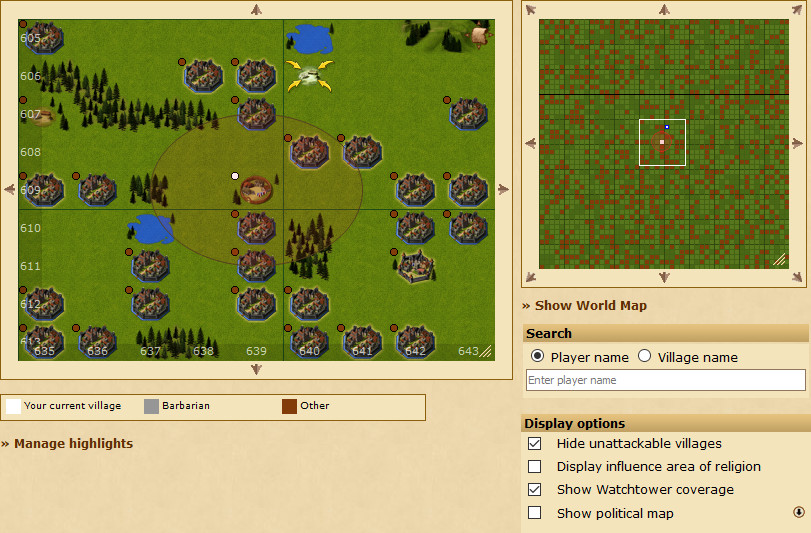
The Tribal Wars map is the digital canvas upon which countless battles are fought and alliances forged. It’s the foundation of the game, providing a visual representation of the world and the players who inhabit it. Understanding its intricacies is crucial for success in the game, enabling players to make strategic decisions, plan attacks, and navigate the ever-changing landscape of the Tribal Wars universe.
Understanding the Tribal Wars Map: A Visual Representation of Power
The Tribal Wars map is a dynamic representation of the game world, depicting villages, players, resources, and the terrain that connects them. Each village is represented by a unique icon, with its size and color indicating its level and current owner. Villages are connected by roads, allowing players to send troops, gather resources, and attack neighboring villages.
Key Features of the Tribal Wars Map:
- Villages: Each village represents a player’s base of operations, housing their resources, troops, and buildings. The size and color of a village icon indicate its level and ownership.
- Resources: Each village produces resources like wood, clay, iron, and crop, essential for building structures and training troops. The resource icons on the map indicate the type and amount of resources available in a village.
- Troops: Villages can train troops, which are represented by icons depicting their type and strength. The troop icons on the map indicate the number and type of troops stationed in a village.
- Roads: Roads connect villages, allowing players to move troops, gather resources, and attack. The length and type of road determine the travel time for troops and resources.
- Terrain: The map features different types of terrain, including forests, mountains, and rivers. Terrain affects the speed of troops and the effectiveness of certain attack strategies.
Navigating the Map: Tools for Strategic Success
The Tribal Wars map offers a range of tools and features to help players navigate the game world effectively:
- Map Zoom: Players can zoom in and out of the map to focus on specific areas or view the broader landscape.
- Map Filters: Players can filter the map to display only specific types of information, such as villages, resources, or troops. This allows for focused analysis and planning.
- Village Information: Clicking on a village icon provides detailed information about its owner, level, resources, troops, and buildings.
- Attack Planner: The attack planner allows players to plan attacks on other villages, simulating the outcome and calculating the required troops.
- Map Markers: Players can place markers on the map to highlight important locations, such as enemy villages, resource-rich areas, or strategic points.
The Importance of the Map: A Foundation for Strategic Planning
The Tribal Wars map is more than just a visual representation of the game world. It serves as a crucial tool for strategic planning, allowing players to:
- Identify Targets: Players can use the map to identify potential targets for attacks, focusing on villages with valuable resources or weak defenses.
- Plan Attacks: The map allows players to plan attack routes, considering terrain, travel times, and potential ambushes.
- Manage Resources: Players can use the map to identify resource-rich areas and plan resource gathering expeditions.
- Build Alliances: The map facilitates communication and coordination among players, enabling the formation of alliances and the development of coordinated strategies.
- Track Enemy Movements: Players can monitor enemy troop movements on the map, anticipating attacks and planning defensive strategies.
Frequently Asked Questions about the Tribal Wars Map
Q: How do I find a specific village on the map?
A: You can use the search function to find a village by name or player ID. Alternatively, you can zoom in on the map and manually locate the village.
Q: How do I know which villages are owned by my alliance members?
A: Alliance members’ villages are often marked with a specific icon or color on the map, depending on the server settings.
Q: How do I plan an attack on another village?
A: Use the attack planner to select your target, choose the type and number of troops you want to send, and simulate the attack outcome.
Q: What are the different types of terrain on the map, and how do they affect gameplay?
A: The map features various terrain types, including forests, mountains, and rivers. Each terrain type affects the speed of troops and the effectiveness of certain attack strategies. For example, troops move slower through forests and mountains, while rivers can be used to create natural defenses.
Q: How do I change the map view?
A: You can zoom in and out of the map to focus on specific areas or view the broader landscape. You can also use map filters to display only specific types of information, such as villages, resources, or troops.
Tips for Mastering the Tribal Wars Map
- Explore the map: Take time to explore the map and familiarize yourself with the different terrain types, resource locations, and strategic points.
- Use map filters: Utilize map filters to focus on specific information and streamline your decision-making process.
- Mark important locations: Place markers on the map to highlight key locations, such as enemy villages, resource-rich areas, or strategic points.
- Track enemy movements: Monitor enemy troop movements on the map to anticipate attacks and plan defensive strategies.
- Communicate with your alliance: Share information about your observations and plans with your alliance members to coordinate strategies and maximize your effectiveness.
Conclusion: The Tribal Wars Map – A Strategic Advantage
The Tribal Wars map is an indispensable tool for any player seeking success in the game. It provides a visual representation of the game world, enabling strategic planning, resource management, and communication with allies. By mastering the map and its features, players can gain a significant advantage over their opponents, securing their dominance in the ever-changing landscape of the Tribal Wars universe.
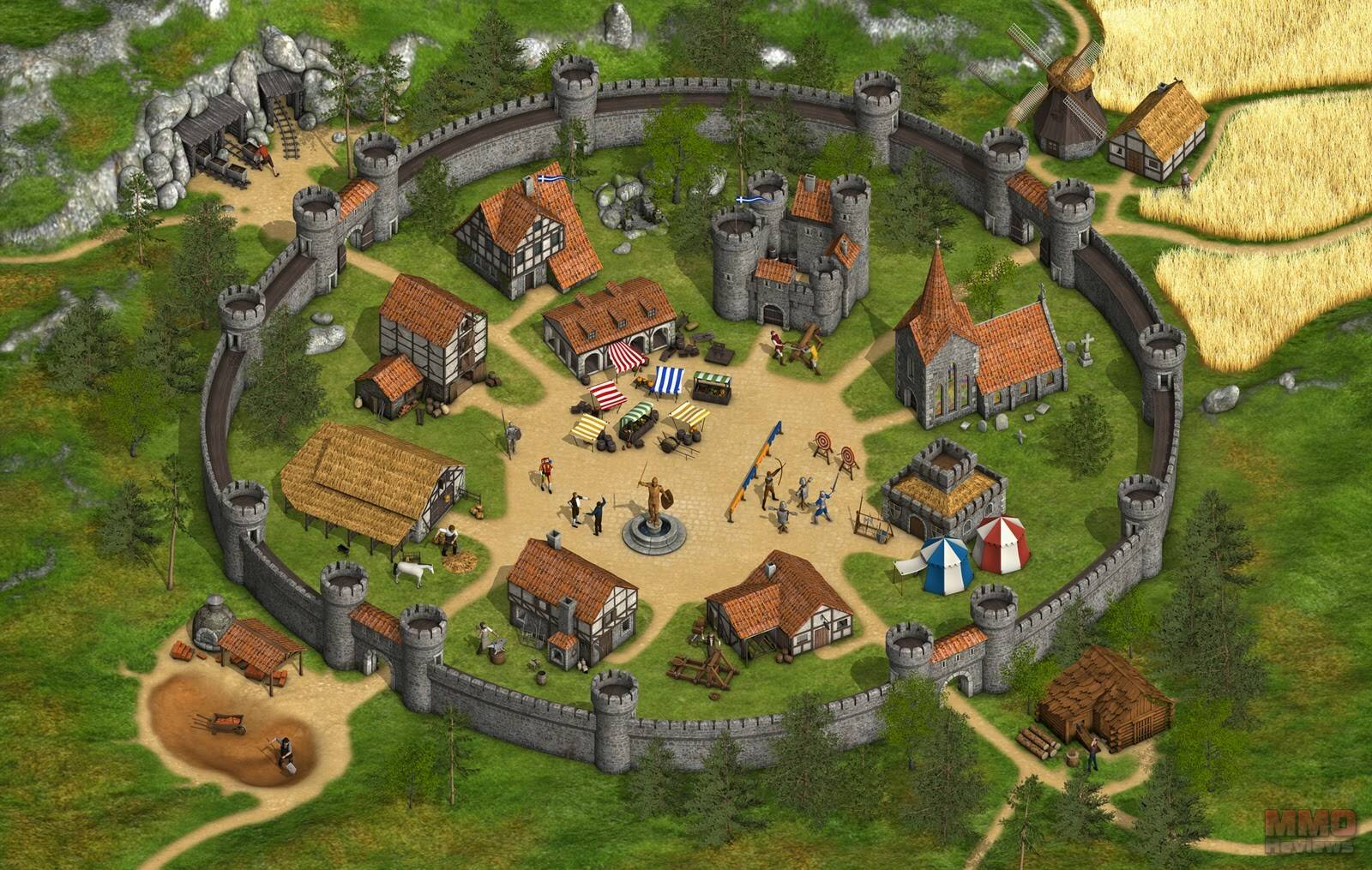

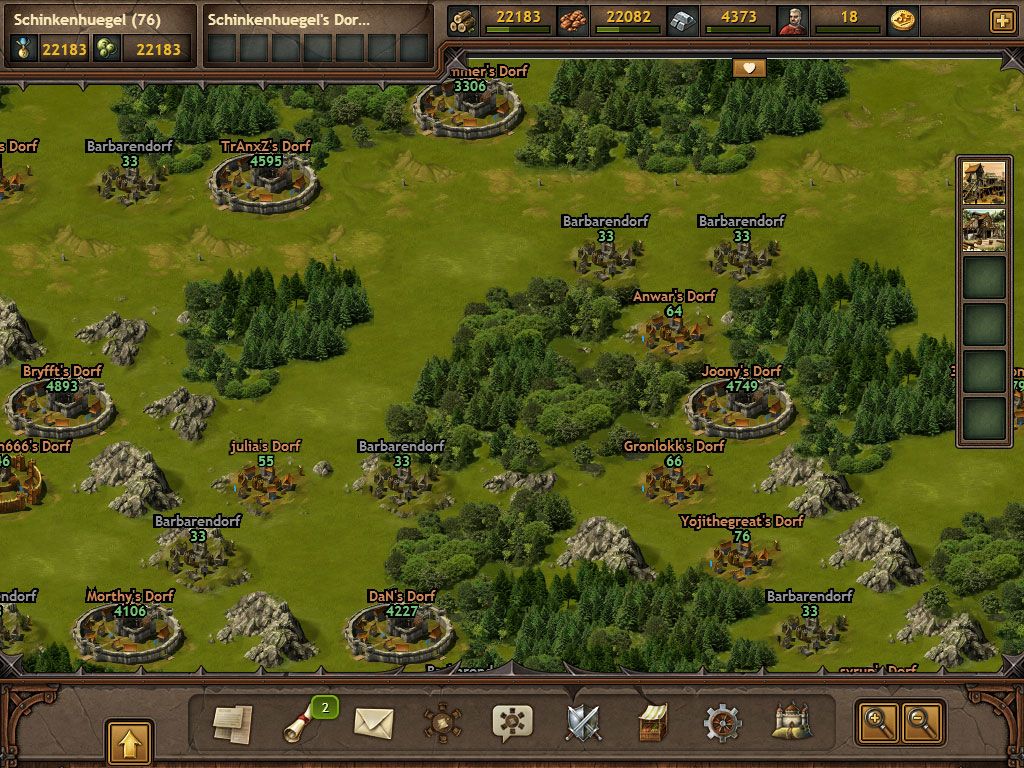
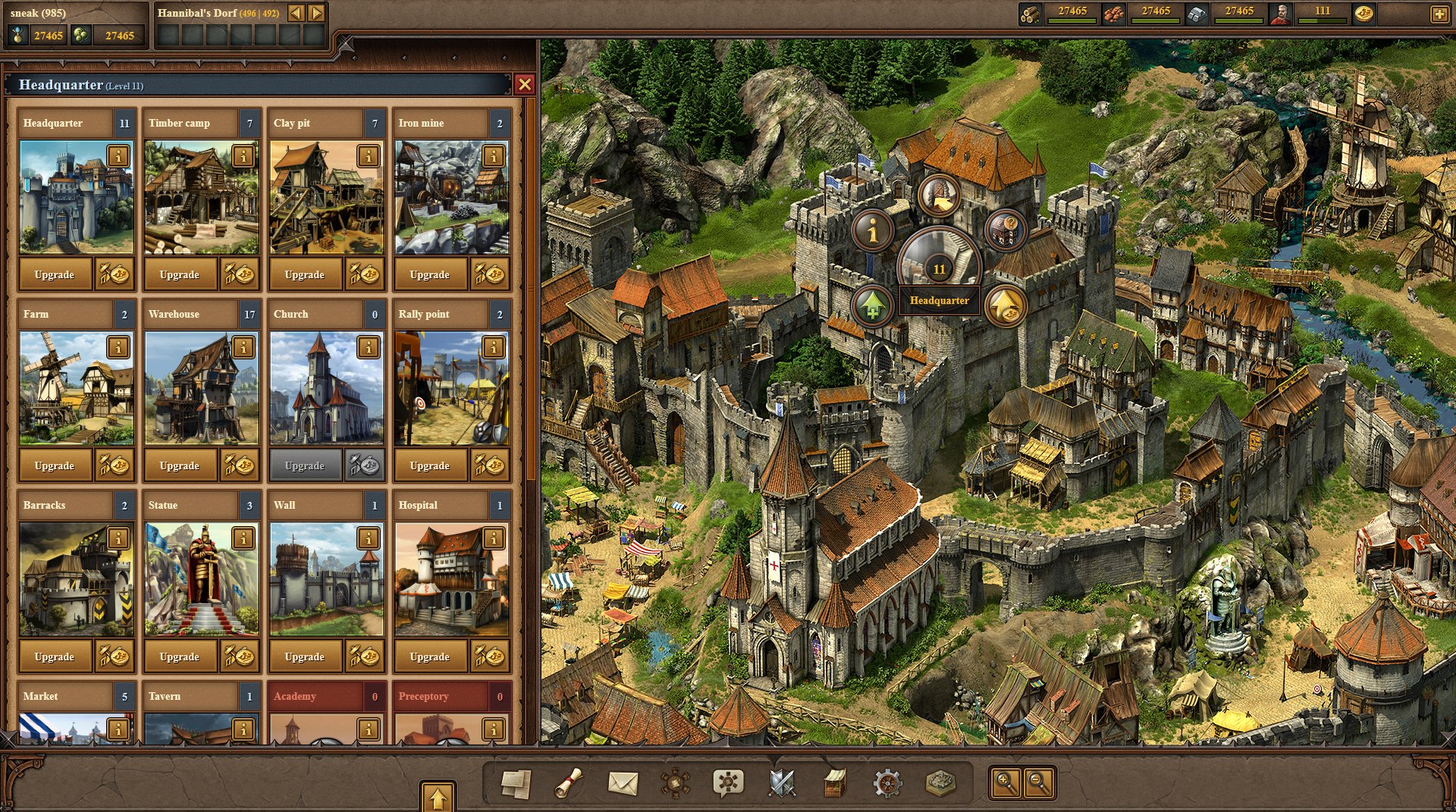

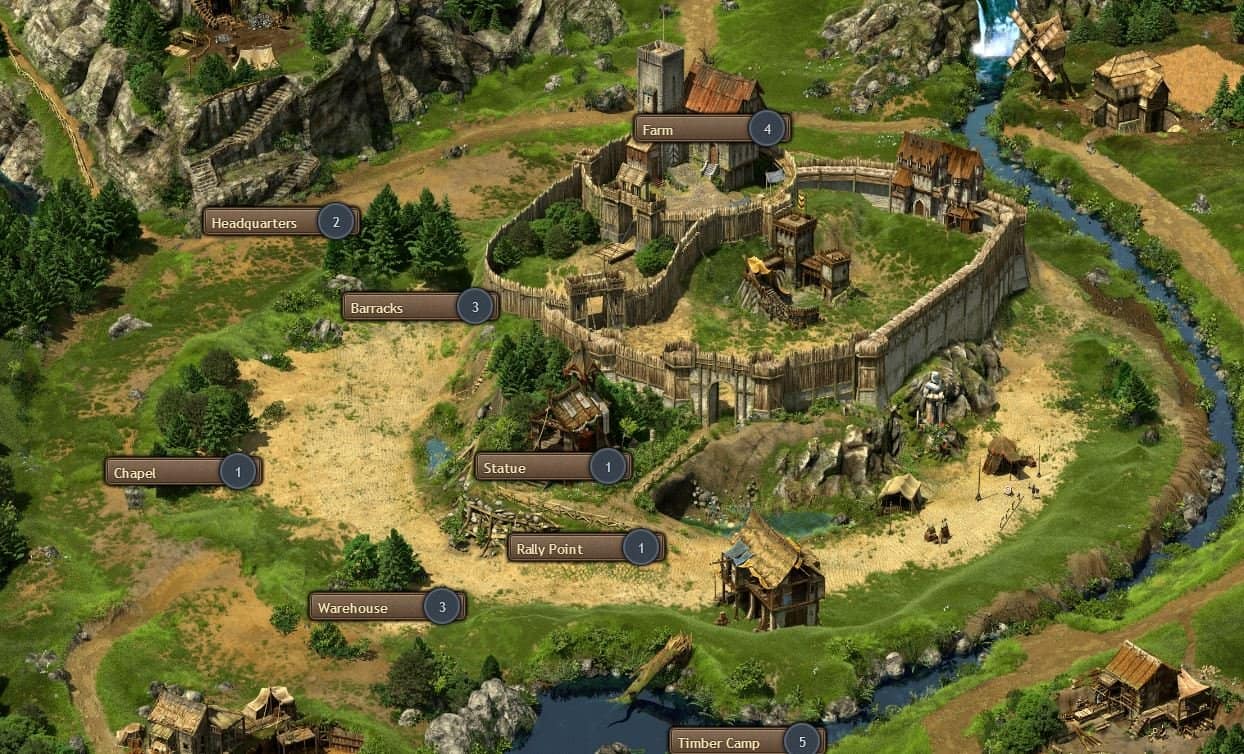

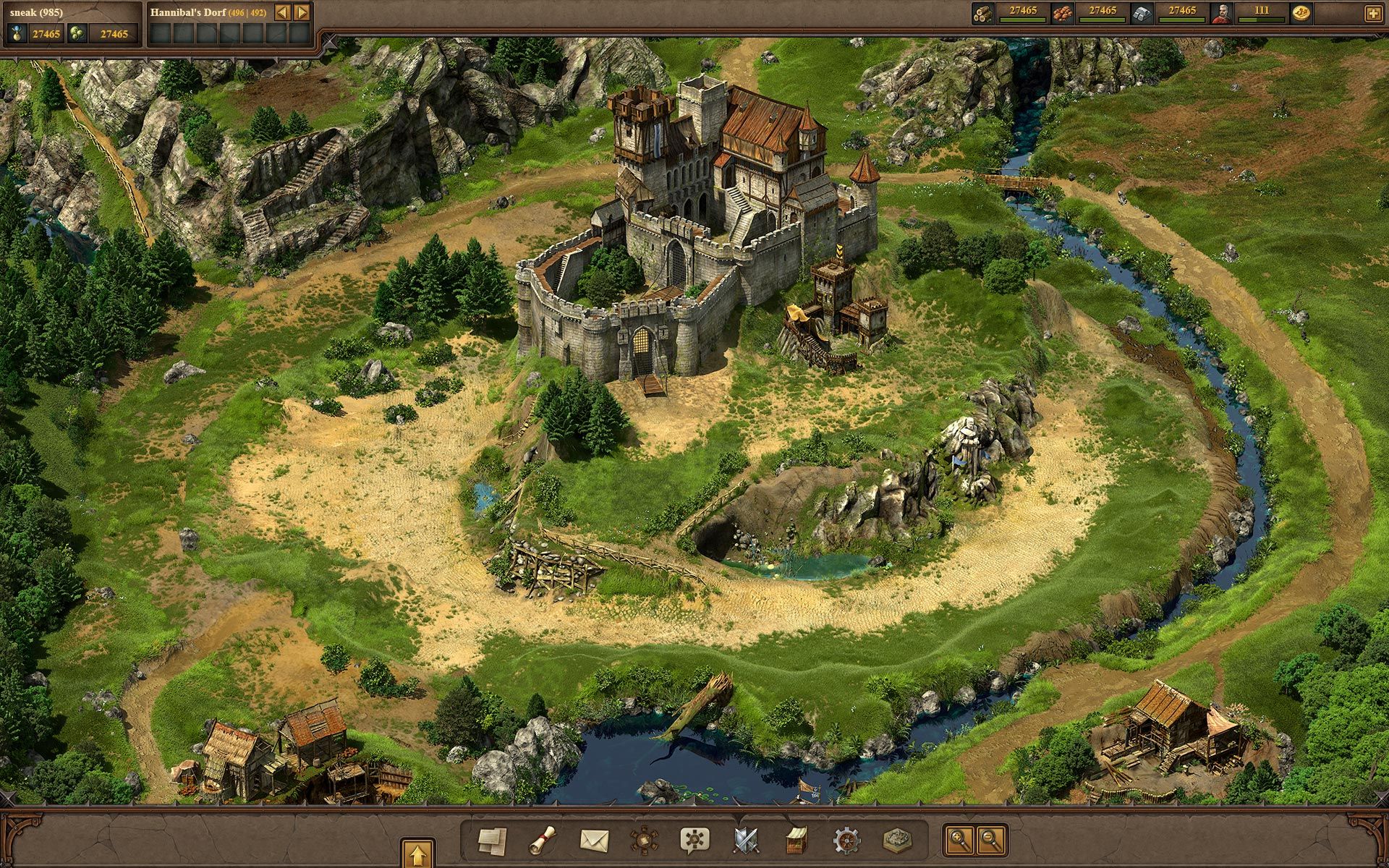
Closure
Thus, we hope this article has provided valuable insights into Navigating the Battlefield: A Comprehensive Guide to the Tribal Wars Map. We thank you for taking the time to read this article. See you in our next article!